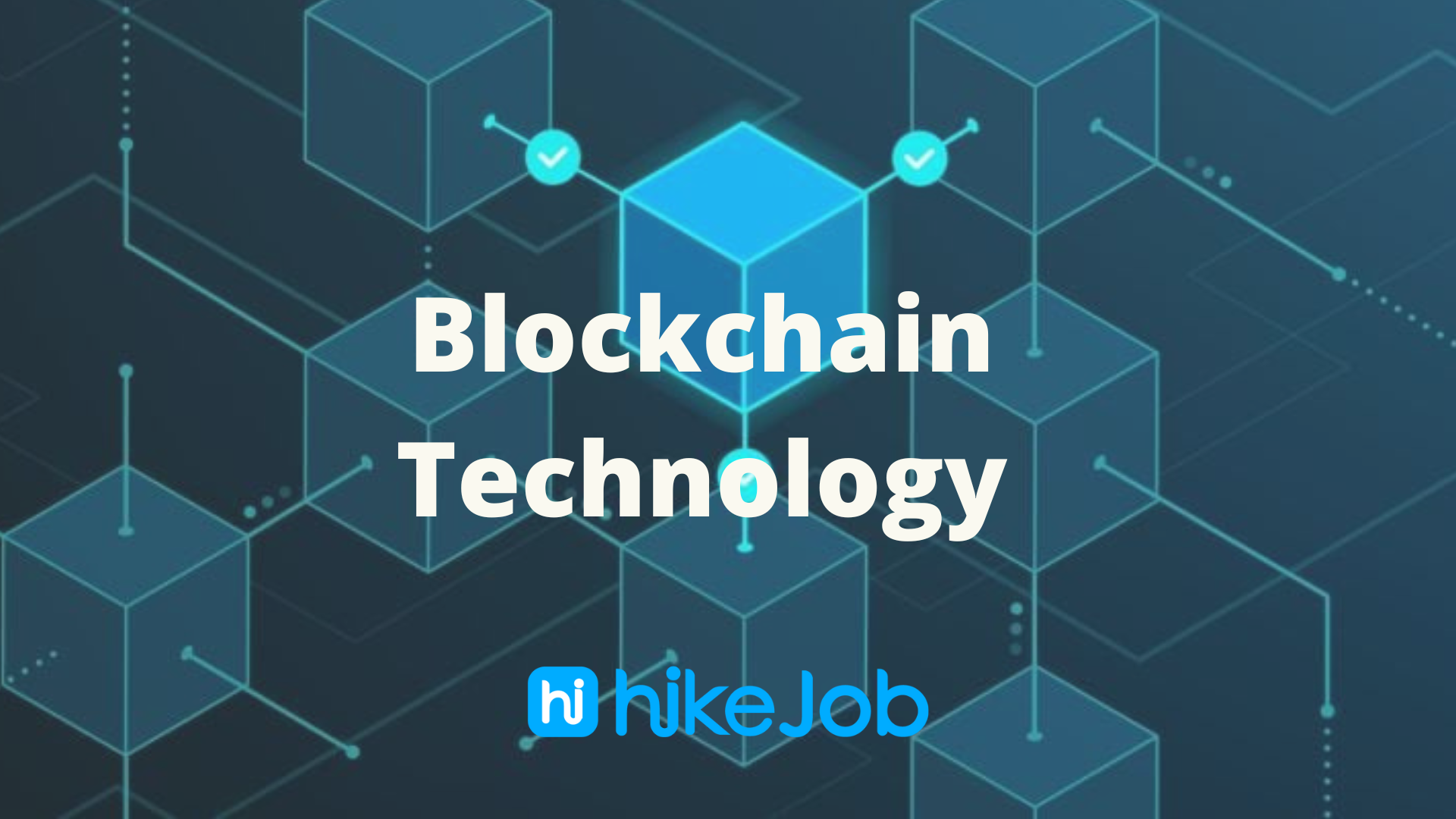Blockchain technology, best known for powering cryptocurrencies like Bitcoin and Ethereum, extends far beyond digital currencies. As a decentralized and immutable ledger system, blockchain offers a robust framework for a variety of applications across different sectors. This blog explores the fundamentals of blockchain technology, its potential applications, and the job opportunities it presents in the field of blockchain development. Additionally, we feature insights from blockchain experts to provide a comprehensive view of this transformative technology.

Understanding Blockchain Technology
Blockchain is a distributed ledger technology (DLT) that records transactions across multiple computers so that the record cannot be altered retroactively. Each block in a blockchain contains a list of transactions and a reference to the previous block, ensuring a secure chain of data.
Key Features of Blockchain:
- Decentralization: Unlike traditional databases, blockchain operates on a peer-to-peer network, eliminating the need for a central authority.
- Transparency: Transactions are visible to all participants, promoting trust and accountability.
- Immutability: Once recorded, data cannot be changed, providing a tamper-proof history of transactions.
- Security: Advanced cryptographic techniques safeguard the data, making it resistant to hacking and fraud.
Potential Applications of Blockchain Technology
Supply Chain Management
Blockchain enhances supply chain transparency by providing real-time tracking of goods. It ensures the authenticity of products by recording every step, from production to delivery.
Healthcare
In healthcare, blockchain can securely store patient records, ensuring data integrity and privacy. It enables interoperability between different healthcare providers, improving patient care.
Finance
Beyond cryptocurrencies, blockchain facilitates faster and more secure financial transactions. Smart contracts automate and enforce agreements without the need for intermediaries.
Voting Systems
Blockchain-based voting systems offer a secure and transparent method for conducting elections. It reduces fraud and increases voter trust in the electoral process.
Intellectual Property
Blockchain can protect intellectual property rights by timestamping and securely storing creations, ensuring that ownership and authenticity can be easily verified.
Job Opportunities in Blockchain Development
The rapid adoption of blockchain technology has created a demand for skilled professionals in this field. Here are some key job roles in blockchain development:
Blockchain Developer
Blockchain developers design, implement, and maintain blockchain systems. They need proficiency in programming languages such as Solidity, C++, and Python, as well as a deep understanding of blockchain protocols.
Smart Contract Developer
These developers focus on creating and auditing smart contracts. Expertise in Solidity (for Ethereum) and other smart contract languages is essential.
Blockchain Architect
A blockchain architect designs the architecture of blockchain networks. They need a comprehensive understanding of DLT, consensus algorithms, and cryptographic methods.
Blockchain Consultant
Consultants advise businesses on how to implement blockchain technology to improve operations and solve specific problems. They require both technical knowledge and business acumen.
Project Manager
Project managers oversee blockchain projects, ensuring they meet objectives and deadlines. Strong organizational skills and an understanding of blockchain principles are crucial.
Expert Insights on Blockchain Technology
Interview with Dr. Jane Smith, Blockchain Researcher
Q: What do you see as the most promising application of blockchain beyond cryptocurrency?
A: “Supply chain management is incredibly promising. Blockchain can track products in real-time, reducing fraud and ensuring authenticity. It’s a game-changer for industries like pharmaceuticals and luxury goods.”
Interview with John Doe, Blockchain Developer
Q: What skills are essential for a career in blockchain development?
A: “A strong grasp of cryptography, proficiency in programming languages like Solidity, and an understanding of blockchain frameworks are crucial. Additionally, being up-to-date with the latest advancements in the field is vital.”
Interview with Sarah Lee, Blockchain Consultant
Q: How can businesses benefit from blockchain technology?
A: “Blockchain can streamline operations, reduce costs, and enhance security. For instance, in finance, it can speed up transactions and eliminate the need for intermediaries, while in healthcare, it can ensure secure and interoperable patient records.”
Conclusion
Blockchain technology holds immense potential beyond its cryptocurrency roots. Its applications span various industries, offering enhanced security, transparency, and efficiency. As the technology evolves, so do the job opportunities in blockchain development, making it a promising field for aspiring tech professionals. The insights from industry experts underscore the transformative impact of blockchain and the skills needed to thrive in this dynamic landscape.
By exploring these facets of blockchain, we can appreciate its broad potential and prepare for a future where this technology becomes integral to our digital infrastructure.

